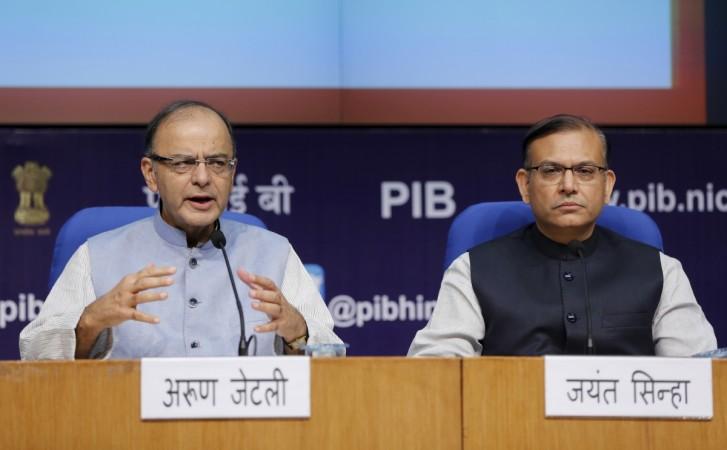
Banks need to provide a bare minimum Rs 18,000 crore additionally towards the 12 accounts identified by the Reserve Bank of India (RBI) for reference to the National Company Law Tribunal under the Insolvency and Bankruptcy Code in FY18, said a Moneycontrol.com report on Tuesday, citing estimates from India Ratings and Research (Ind-Ra).
Ind-Ra's analysis pegs the weighted average provisioning currently at 42 percent by banks towards the 12 identified accounts. Ind-Ra forecasts additional provisioning to eat into bank profits by around 25 percent in fiscal 2018. This indicates a shaveoff in return on assets of 12 basis points in fiscal 2018.
The agency notes that the new minimum required provisioning stands at 50 percent towards each of the 12 identified accounts, which indicates that banks with average provisioning of 50 percent on these accounts may also need to provide additional provisions to reach 50 percent towards each of the 12 accounts, the Moneycontrol report noted.
Ind-Ra believes that the additional provision burden could add disproportionate pressure on the profit and loss accounts (P&L) of a few midsize public sector banks (PSBs) and hence the agency's outlook towards these banks remains negative.
The agency also notes that the additional provision requirement may stretch the profitability of a few large PSBs in fiscal 2018, putting the standalone ratings of these entities under pressure.
Ind-Ra continues to maintain there is an increasing divide between the large and smaller PSBs, with the former having some access to growth capital, better market valuation, and also some non-core assets to divest while the latter would only receive bailout capital if required and would need to ration their capital consumption over next two years.
The 12 accounts are broadly classified across five sectors, which have been further reclassified as iron and steel, infrastructure and others in Ind-Ra's study.















